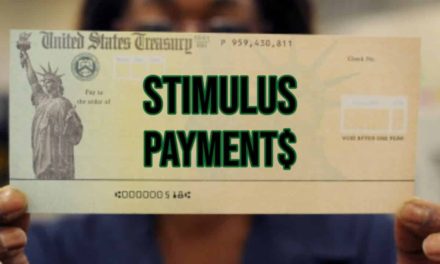It’s that time of year again: house selling season! But this season looks much different. No open houses, phone negotiations only, construction and repairs take extra-long, and mortgages likely to be done virtually. The COVID-19 pandemic has changed nearly all aspects of our lives. Still, most of us are trying to maintain some normalcy, which for many includes selling a home. Before you decide to sell, make sure you’re financially prepared. Of course, you’ll need extra funds for staging the house and fixing repairs, but have you considered taxes? Figure out how the capital gains from the sale of your primary residence will be taxed in order to lower your tax liability. If you’re considering selling your home, we suggest you get familiar with how these tax rules operate to stay proactive against excess taxation. Consult your tax, legal, and accounting professionals before creating your home-selling strategy. To help start that plan, familiarize yourself with these options.






Whether you decide to sell your home soon or post-COVID-19, you’ll want a carefully crafted plan to allow for the highest potential profit. You may have to discuss options with a real estate agent, accountant, attorney, tax specialist, or financial advisor. If you’re selling your home post-retirement, consider discussing with a financial professional to plan for the least amount of tax liability with the profit, especially if you’re downsizing. To learn more, schedule a free time to virtually chat about your home sale concerns and how you can potentially save taxes now and when it matters most: for the future! Click the link below, call 1.800.467.8152, or email info@ronaldgelok.com.
Capital Gains Exclusion
If you have a capital gain from the sale of your primary residence, you may qualify to exclude up to $250,000 of that gain from your income, or up to $500,000 of that gain if you file a joint return with your spouse. To qualify for this exemption, however, you cannot have excluded the gain on the sale of another home within two years of this sale. This profit would be excluded from your taxable income. If you sold your home at a loss, unfortunately, you can’t deduct the loss. What’s important to remember is the sale of your home may be subject to tax.

Are there potential exceptions?
- Yes, if you received the house in a divorce settlement.
- Yes, if you are able to count short-term absences as time lived in the house.
- Yes, if a surviving spouse who has not remarried can count the time that the deceased spouse lived in the house.
A reduced exclusion may be available if you have a change in employment or health, or because of unforeseen circumstances, such as divorce.
Under Pricing
Setting the right asking price is a great way to attract buyers. To determine your selling price, a professional typically calculates a comparable market analysis, which buyers will likely do when creating an offer on your home. An overpriced home usually does not sell, which is why many tend to use this strategy. Your low-priced home will likely generate multiple offers and eventually bid the price up to the market value. Remember, you can always refuse an offer. An experienced and trusted realtor will know how to create the best strategy for your home.


Estimate the potential profit
Before putting your house on the market, determine an acceptable selling price range. Then evaluate the potential gains or losses within the range. Your home’s selling price may be reduced by:
- Title charges
- Home preparation and staging
- Home repairs prior to listing your home or in the sales contract
- Closing fees
- Real estate sales commissions
- Additional settlement charges
- Mortgage debt payoffs









